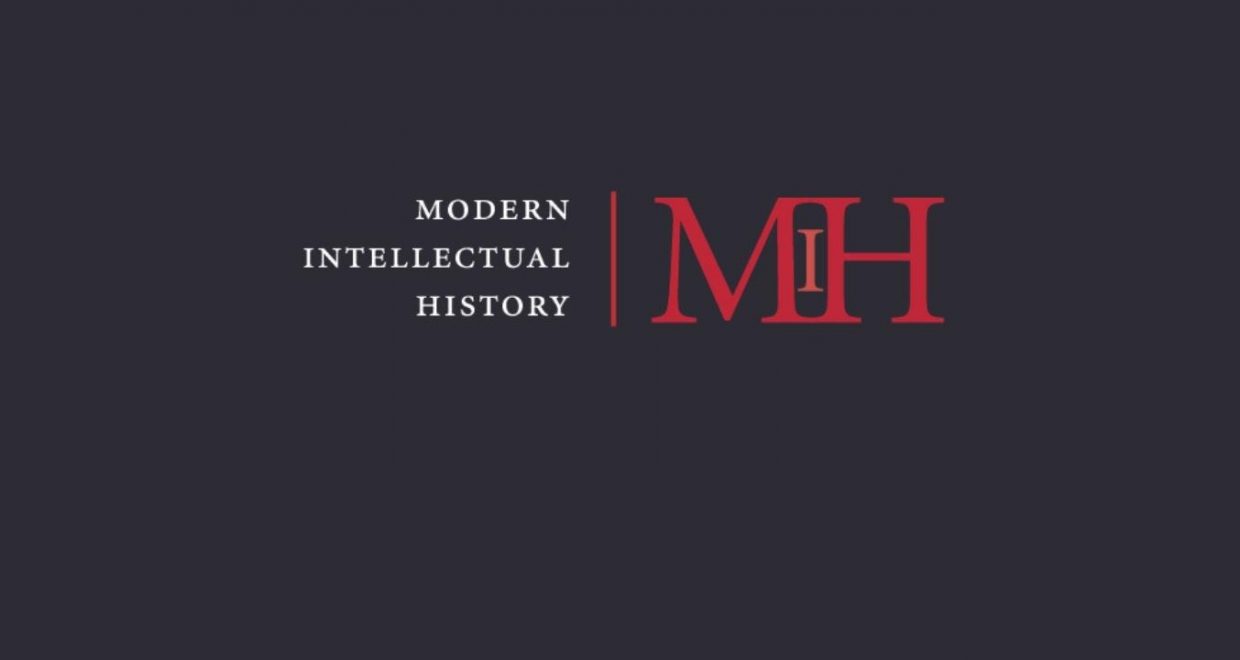Mr Hobbes goes to Paris
This accompanies Amy Chandran’s Modern Intellectual History article Hobbes in France, Gallican Histories, and Leviathan’s Supreme Pastor
A well-known but little plumbed aspect of Thomas Hobbes’s remarkable life is that the critical decade leading up to Leviathan’s publication was spent in France. It is unsurprising, indeed, even fitting, that the English Civil War has proved the most important contextual touchstone for recent interpreters of Leviathan. My aim in this piece, however, is to suggest that there is much to be gained from turning to Hobbes’s immediate Parisian surroundings—for, France had its own share of intellectual and political turmoil during the decade of 1640s.
The article overviews the debates that spilled into public view in Paris, following the unauthorized publication of a collection of tracts detailing “The Rights and Liberties of the Gallican Church.” The Gallican (or French) Church claimed a qualified independence from Rome as the most faithful, eldest child of the Catholic Church. France’s loyalty, it was argued, enjoined special rights to the Most Christian King and limited papal prerogative. In the sixteenth century, especially during the Bourbon-Valois accession crisis, the narrative underpinning these claims took on a particular historical cadence. The Gallican jurists of the Parlement penned defenses that appealed to a handful of historical tropes explaining the French King’s unique stature. Prominent among these were the conversion of Constantine and the Baptism of Clovis.
The article takes up the novelties that first appear in Leviathan’s dramatically expanded ecclesiology. Viewed alongside Gallican histories, it becomes clear that Hobbes drew upon these tropes to develop his own account. In Leviathan, the landmark conversion of kings to the Christian faith ushered in a new period of sacred history—not mentioned in De Cive’s account—in which “Kings were Pastors or Pastors Kings.” Just as Constantine’s conversion enabled better promotion and protection of the faith (and set papal power in its place), so too did this newly distinguished age of Christian kings enable the emergence of a Christian Commonwealth, Ecclesiastical and Civil.
The underlying contention is that the second half of Leviathan traverses contested claims of jurisdiction, drawing on the theoretical distinctions and arguments developed by Gallican jurists. The final section of the piece takes up (in a limited way) the disputed question of “spiritual” jurisdiction. Hobbes’s well-known materialism makes it tempting to view him as marginalizing the relevance or potency of spiritual authority. To the contrary, I suggest that Hobbes’s French viewpoint deepened his appreciation of the need for an absolute Sovereign to wield both crosier and sword.
In short, I argue that a clarified vision of “spiritual jurisdiction,” afforded by papalists and Gallicans alike, was not spurned but adopted and transformed by Hobbes for his Supreme Pastor. Only by subsuming papalist claims, and underwriting scriptural interpretation with the authority of law, would the Sovereign come to possess “all manner of power over their Subjects, that can be given to man.” In this way, the piece is a return to an older tradition of Hobbesian interpretation; one that views the absolute power of the Sovereign as deeper and less limited than more recent interpretations have suggested.
Read the full article Hobbes in France, Gallican Histories, and Leviathan’s Supreme Pastor by Amy Chandran






